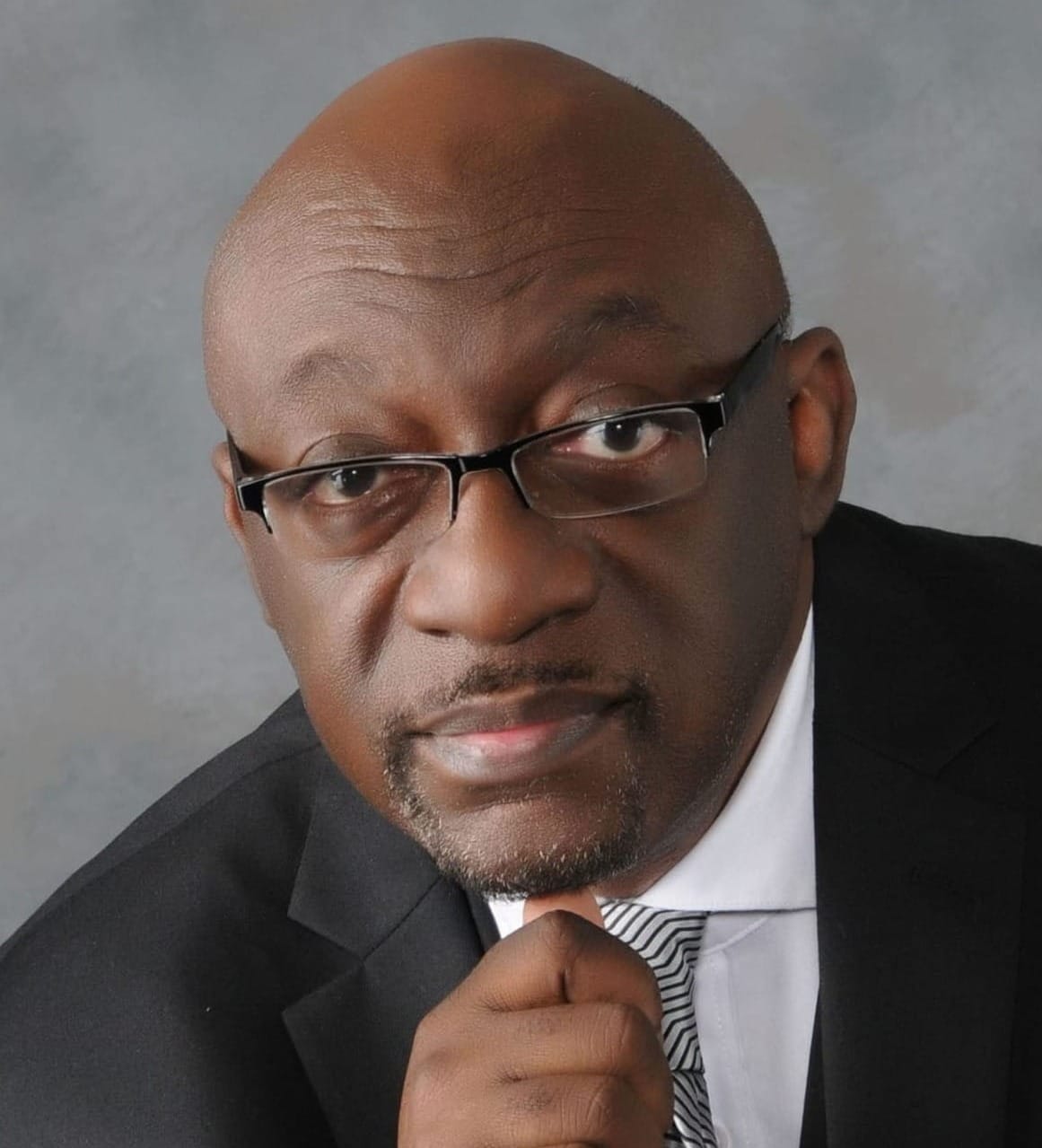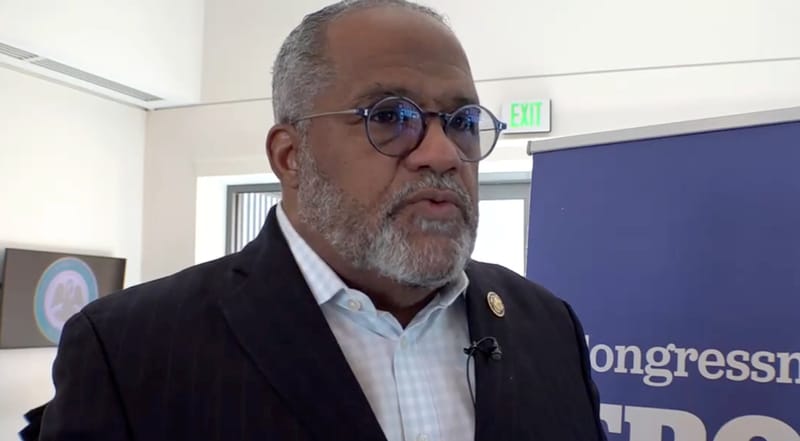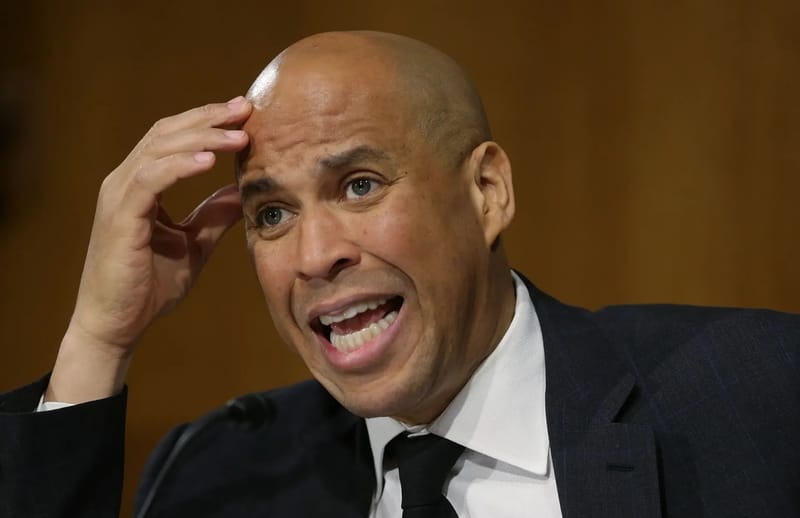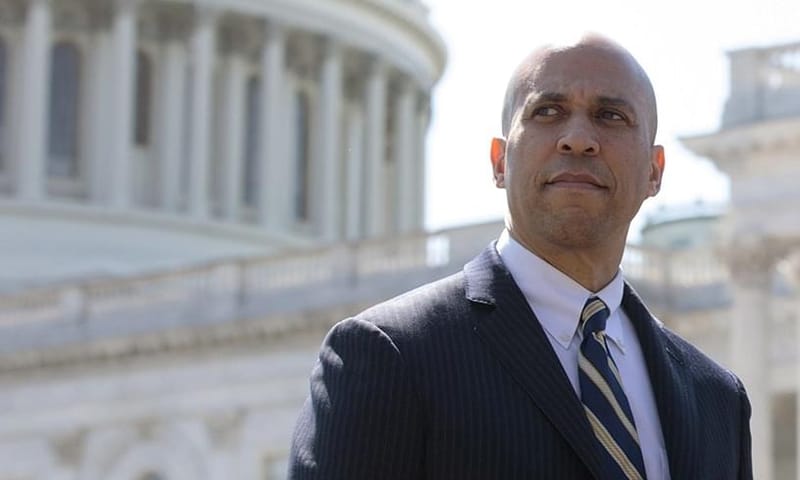Federal Health Agencies Hit by Sweeping Workforce Reduction
The cuts, announced last week by Health Secretary Robert F. Kennedy Jr., are part of a broader plan to streamline the agency and were foreshadowed by President Donald Trump's long-stated goal of shrinking the federal payroll.
WASHINGTON — Hundreds of federal health employees faced abrupt job losses Tuesday as the Department of Health and Human Services (HHS) initiated a significant restructuring that will ultimately reduce its workforce by 20,000. The cuts, announced last week by Health Secretary Robert F. Kennedy Jr., are part of a broader plan to streamline the agency and were foreshadowed by President Donald Trump's long-stated goal of shrinking the federal payroll.
The impact was felt immediately, with some employees arriving at their offices to find their building access denied and their security badges deactivated. The layoffs spanned multiple key agencies, including those responsible for the nation's food and drug oversight and the fight against infectious diseases.
The administration outlined plans to eliminate approximately 3,500 full-time positions at the Food and Drug Administration (FDA) and another 2,400 at the Centers for Disease Control and Prevention (CDC). An additional 1,200 positions are slated to be cut from the National Institutes of Health (NIH). The reduction aims to bring the HHS workforce down from 80,000 to 60,000 through a combination of layoffs and voluntary departures.
Early Tuesday morning, affected employees began receiving notifications of their dismissal. Among those impacted was Preston Burt, a 10-year communications specialist within the CDC's Division of Environmental Health Science and Practice. Burt reported that his entire division, which collaborated with health departments across 33 states on environmental health data and public information regarding hazards, was eliminated. He expressed concern about the loss of expertise, particularly noting that the division had recently participated in a nuclear disaster response exercise.
Confusion and long lines formed outside HHS buildings as employees attempted to understand the situation.
The restructuring also saw the departure of high-ranking officials. Jeanne Marrazzo, the director of the National Institute of Allergy and Infectious Diseases who recently succeeded Anthony Fauci, was reportedly among those reassigned to the HHS's Indian Health Service division. Several other agency directors also received similar reassignment offers and face a Wednesday deadline to decide whether to accept the new roles.
Further complicating the situation, reports indicate that FDA staff involved in the government's response to the ongoing bird flu outbreaks were also among those laid off. These cuts come at a critical time as the nation grapples with rising egg prices and public health concerns related to avian influenza. Additionally, the US is currently facing one of its most significant measles outbreaks in a decade.
The sweeping changes have drawn sharp criticism. Former House Speaker Nancy Pelosi issued a statement asserting that the administration's actions would "directly harm our most vulnerable communities and make America sicker," vowing to challenge the cuts in Congress.
Secretary Kennedy has defended the restructuring, stating that HHS was "inefficient as a whole" and that the reductions would eliminate "bureaucratic sprawl." HHS estimates that the workforce reduction will save taxpayers approximately $1.8 billion annually.
Beyond personnel cuts, HHS has also moved to reduce public health funding. Last month, the administration announced the withdrawal of $11 billion in unspent COVID-19-era funds that were being utilized by states and local health departments for various public health initiatives, including mental health, addiction services, and responses to infectious disease outbreaks like measles and bird flu. In response, Washington, D.C., and 23 states filed a lawsuit Tuesday against the federal government over the funding cuts.
The Senate Health, Education, Labor, and Pensions Committee, led by Republican Bill Cassidy of Louisiana and Independent Bernie Sanders of Vermont, has requested Secretary Kennedy to testify at an April 10 hearing to provide further explanation regarding the HHS reorganization plans.







